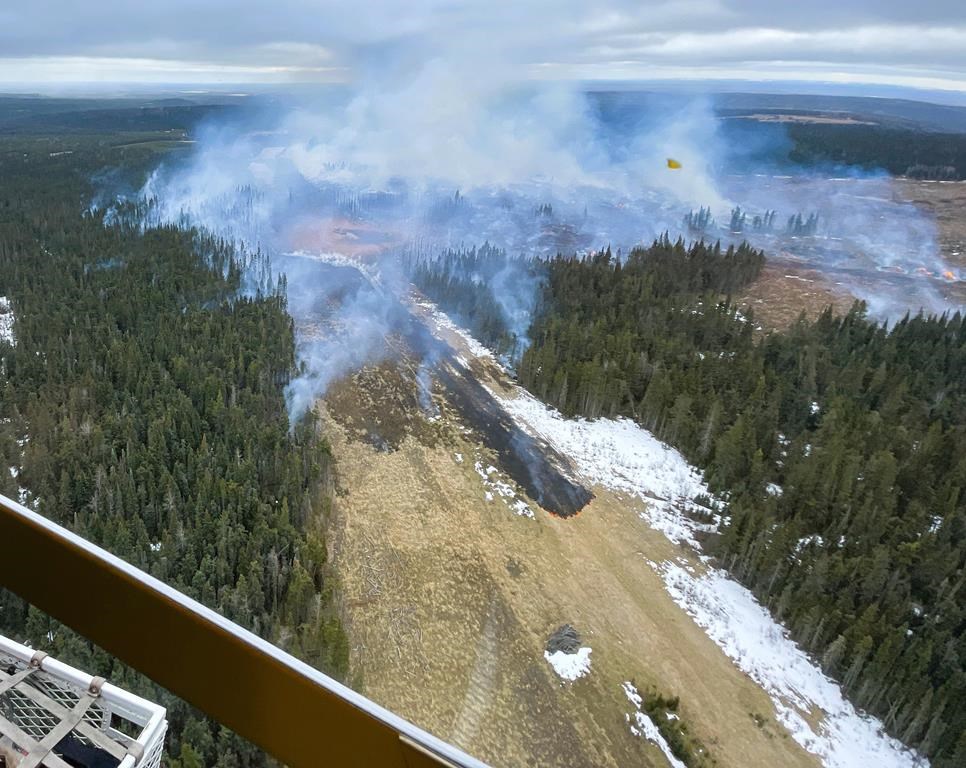Banks expected to force struggling oil producers to unload assets
Posted Sep 4, 2015 7:55 am.
This article is more than 5 years old.
It’s been an especially rough couple of weeks for the oil sector to say the least.
Hundreds of people have lost their jobs as companies continue to cut back to find savings and a new report from Bloomberg News suggests things are about to get a whole lot worse.
Twice a year oil and gas producers go to the bank to discuss funding, and when they go after Labour Day this time, there is expected to be enormous pressure for companies to start selling assets.
That’s especially true for smaller producers Penn West Petroleum Ltd. and Athabasca Oil Co., who have tight cash flows to begin with.
To this point, most of them have been able to get by with layoffs, reducing dividends and selling hedging positions on commodities and currencies.
In fact, the report says there were only 14 pending and completed oil and gas deals worth $418-million in the third quarter, on pace for the lowest totals since 2003.
But MNP LLP’s National Leader of Oilfield Services David Yager says there is breaking point.
“The amount of free cash all the producers are going to generate this year is estimated to be down by as much as two-thirds, about $20-billion, so theoretically the industry as a whole can only carry one-third as much debt as it did a year ago,” he explained. “Banks have an obligation under the regulations that they have to have loans that perform. If you’re carrying a loan on the asset on the balance sheet of a bank, it has to be performing loan meaning the client has to have to capacity to repay it kind of like a good mortgage or a bad mortgage.”
Still, he added if the banks do force companies to start unloading, it’ll be good news for larger operators who can afford to swoop in and buy up those assets.
“If some of these assets were sold to a company that could pay cash, that didn’t have any debt, then whatever free cash they have is available to drill wells and hire people,” he said.
The S&P/TSX sub-energy index has already lost about $85-billion this year as the price of West Texas Intermediate crude hit a six year low.










